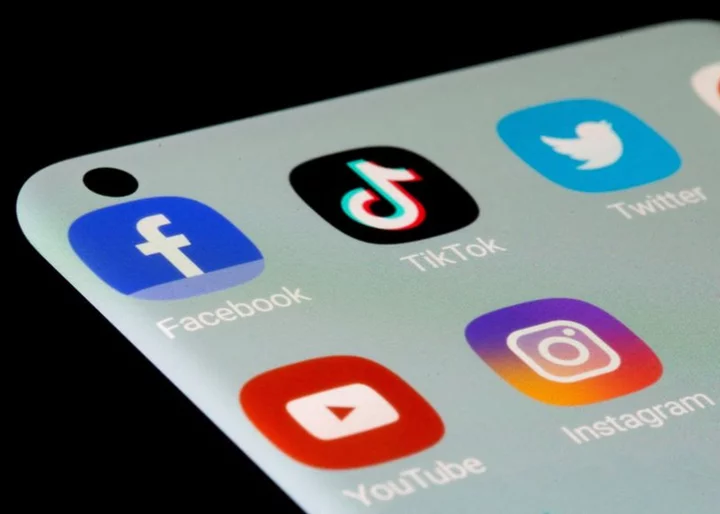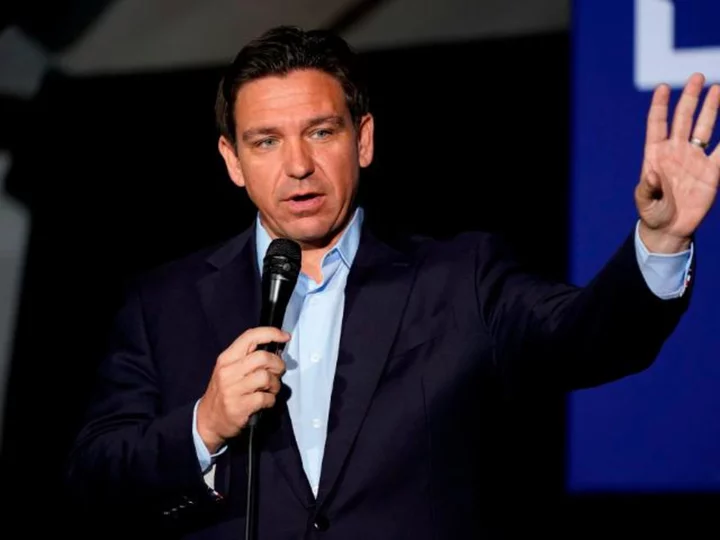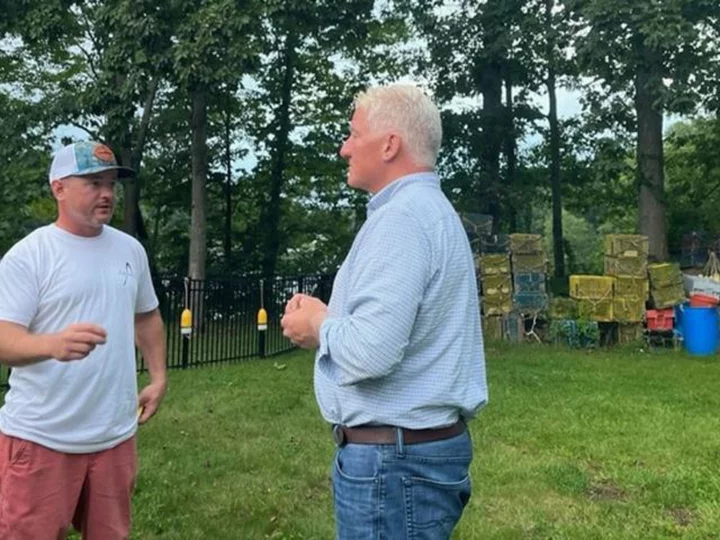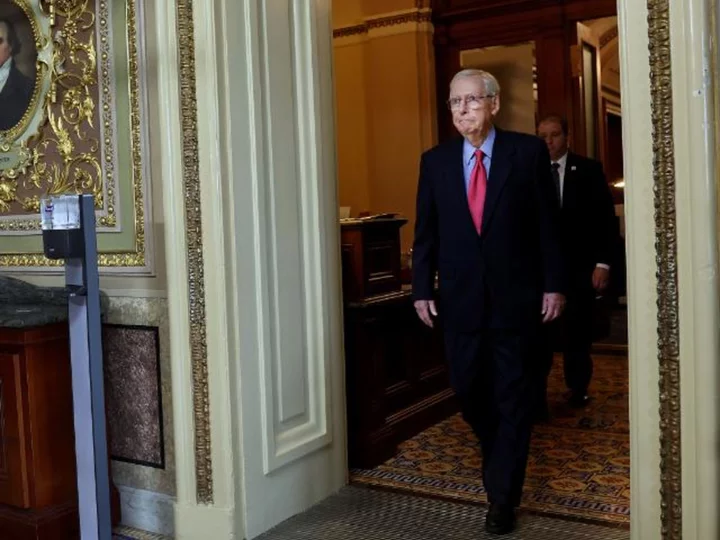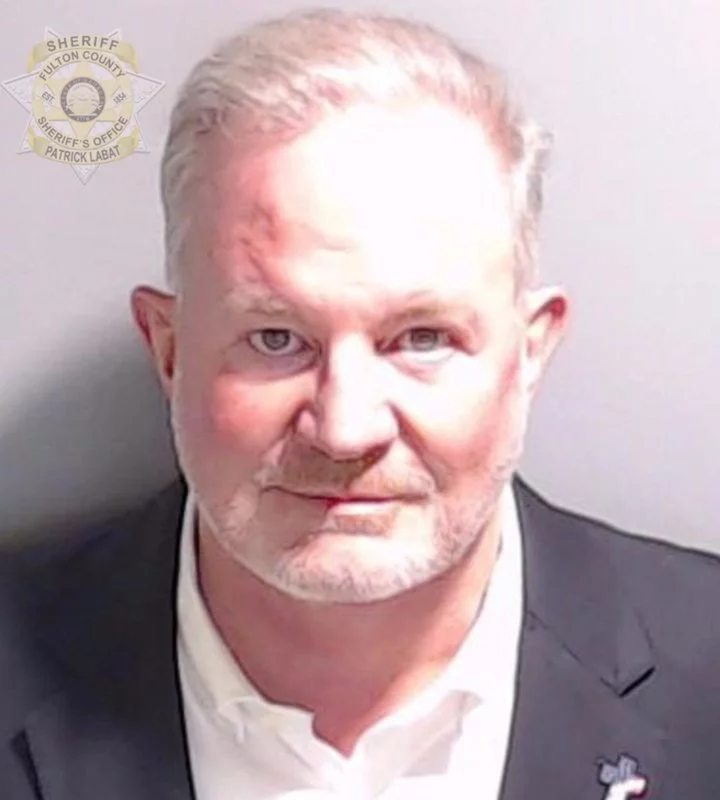By Brendan Pierson
The Biden administration has asked a federal appeals court to lift an order sharply curbing government officials' communications with social media companies as a lawsuit accusing U.S. officials of seeking to censor certain views about COVID-19 and other topics online makes its way through the courts.
In a filing Tuesday evening with the New Orleans-based 5th U.S. Circuit Court of Appeals, the administration argued that a lower court judge's July 4 decision was overly broad and would hurt the government's ability to fight misinformation on platforms in a crisis.
"The government cannot punish people for expressing different views," lawyers for U.S. President Joe Biden's administration wrote. "But there is a categorical, well-settled distinction between persuasion and coercion. The government must be allowed to seek to persuade people of its views, even where those views are the subject of controversy."
U.S. District Judge Terry Doughty in Monroe, Louisiana, said in his July 4 order that federal officials violated the right to free speech under the U.S. Constitution's First Amendment when they began asking social media companies such as Meta's Facebook and Google's YouTube around 2019 to limit the spread of posts they considered to be misinformation.
His preliminary order came in a lawsuit filed by Republican attorneys general in Louisiana and Missouri. Their offices did not immediately respond to requests for comment.
The May 2022 lawsuit alleged that U.S. government officials, under both Democratic President Joe Biden and his Republican predecessor Donald Trump, effectively coerced social media companies to censor posts over concerns they would fuel vaccine hesitancy during the COVID-19 pandemic or upend elections.
A panel of three 5th Circuit judges is expected to hear the case next month.
Doughty's order is temporarily on hold but had barred government agencies, including the Department of Health and Human Services and the Federal Bureau of Investigation, from talking to social media companies for "the purpose of urging, encouraging, pressuring, or inducing in any manner the removal, deletion, suppression, or reduction of content containing protected free speech" under the First Amendment, with narrow exceptions.
(Reporting By Brendan Pierson in New York; editing by Susan Heavey)

